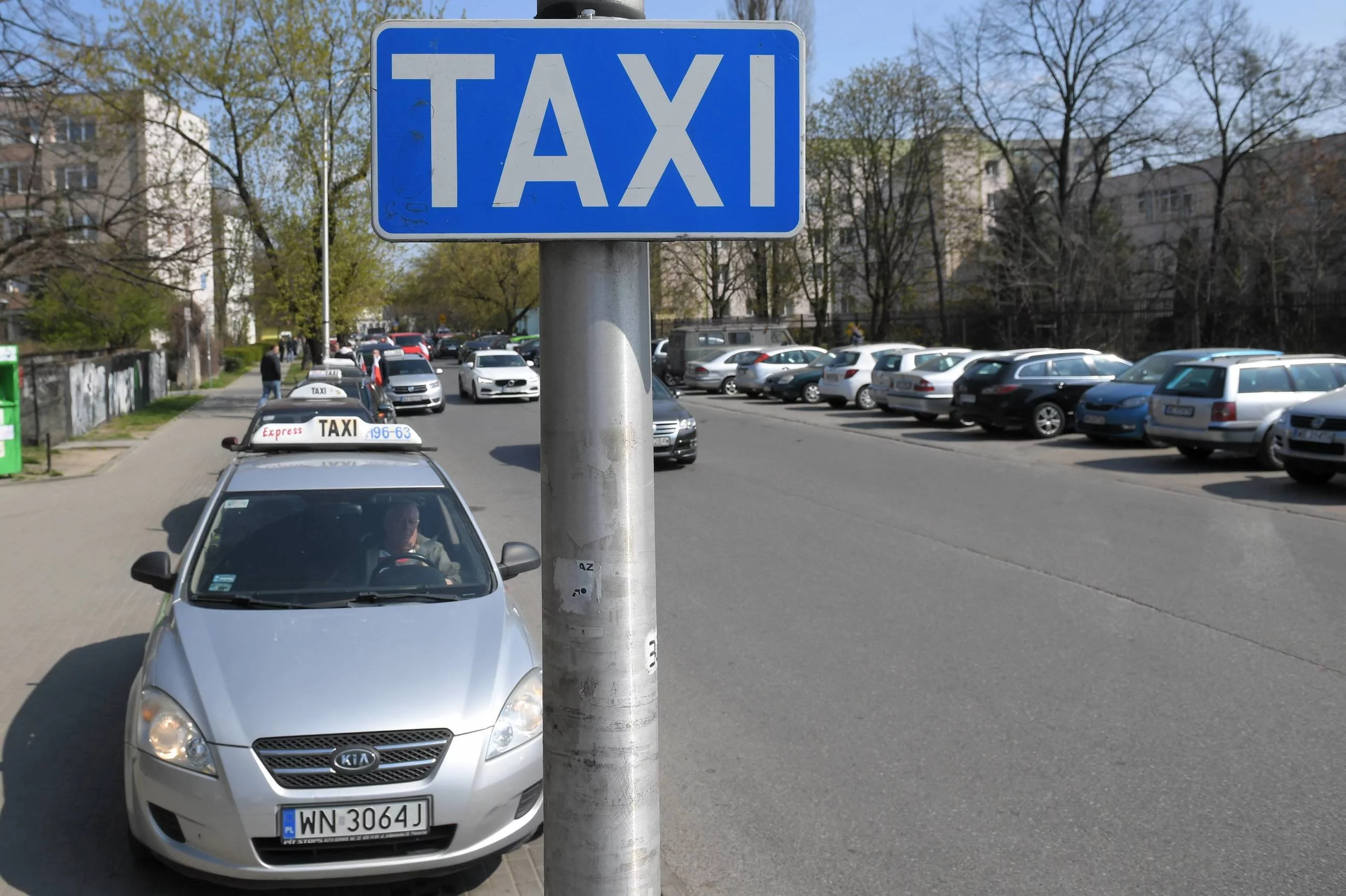Facts
AD and 2 another air passengers bought in Iberia Líneas Aéreas de España SA Operadora Unipersonal (hereinafter: Iberia) flight from Frankfurt am Main to Panama City (Panama), which took place on 15.12.2021. due to the fact that their luggage did not arrive at the right time in Panama City, on the same day AD reported him missing in Iberia. AD informed that if this carrier does not contact him later than 18 December, they will acquisition replacement equipment. In the absence of a answer Iberians They bought this replacement equipment. Only after its purchase, i.e. on December 20, their luggage was delivered to Panama City.
In a suit AD requested from Iberians reimbursement of replacement equipment, travel expenses and ticket prices for the replacement flight. The Court of First Instance dismissed that action on the ground that no time limit had been observed for bringing the action provided for in Article 31(2) of the Convention of 28.5.1999 on the codification of certain rules concerning global air transport (Journal of Laws of 2007 No 37 item 235; hereinafter: PrzewLotK).
The Court of First Instance, examining the appeal, has asked a preliminary ruling whether Article 31(2) of the Montreal Convention lays down an absolute preliminary date and must be interpreted as meaning that a complaint must be lodged within 21 days of the return of the luggage, or can it besides be lodged before the return of the luggage?
TS Position
In accordance with Article 3(1) of Regulation (EC) No 889/2002 of the European Parliament and of the Council of 13.5.2002 amending Council Regulation (EC) No 2027/97 on air carrier liability in the event of air accidents (OJ L 140, p. 2), the liability of the European Union air carrier with respect to passengers and their baggage is subject to the provisions of the Montreal Convention, specifying this responsibility. Therefore, as from the date of entry into force of the Montreal Convention in relation to the Union, i.e. from 28.6.2004, the provisions of that Convention form an integral part of the EU legal order, and the Court has jurisdiction to give a preliminary ruling on its explanation (judgment of the TS of 17.2.2016, Air Baltic Corporation, C-429/14, Legalis, paragraphs 22, 23).
In Article 31 of the Vienna Convention on the Law of the Treaties of 23.5.1969 (Recueil des traités des Nations unies, vol. 1155, p. 331, which reflects global customary law and whose provisions form part of the Union's legal order, it is clarified that the Treaty must be interpreted in good faith, in accordance with the usual meaning to be attributed to the terms utilized therein in their context, and in the light of its subject substance and intent ( TS Opinion of 20.10.2022, Laudamotion, C-111/21, Legalis, paragraph 22).
It follows from the wording of Article 31(2) of the Montreal Convention that, in the event of a hold in the collection of baggage or cargo, its consignee is obliged to notify the carrier of his complaint within 21 days at the latest. from the date on which the baggage or cargo was placed at its disposal. While that provision lays down a time limit of 21 days from the date on which the baggage is made available for the lodging of specified a complaint, it shall only specify the last day of the period after which it is in rule no longer possible to lodge the complaint effectively. In the assessment of the TS, the linguistic explanation of this provision suggests that this action may be brought at any time between the declaration of hold in the transportation of baggage or cargo and the expiry of that periodEven before that date. Therefore, although Article 31(2) of the Montreal Convention does not expressly supply for the anticipation of bringing an action before the date on which the baggage is made available, that provision can be interpreted as meaning that a complaint may be lodged on the basis of it before that date.
With respect to the context of Article 31(2) of the Montreal Convention, the TS concluded that Article 31(1) of the Montreal Convention provides that the removal of baggage registered without a complaint by a individual holding a title to that baggage constitutes a poignant presumption that the baggage has been delivered in good condition and in accordance with the transport paper or the evidence contained in the another measures referred to in Article 3(2) of that Convention. Therefore, the intent of a complaint, specified as that addressed to an air carrier by a passenger in the main proceedings, is to inform the air carrier that the checked baggage has not been delivered in good condition or in accordance with the transport paper or another measures referred to in Article 3(2) of that Convention (the TS judgement of 12.4.2018), Finnair, C-258/16, Legalis, paragraph 50), in peculiar with respect to the point at which that supply was to take place.
In accordance with Article 19 of the Montreal Convention, ‘the carrier shall be liable for harm resulting from delays in the carriage of passengers, baggage or cargo by air’. It follows that Article 31(1) of that Convention, read in the light of Article 19(1) thereof, must be interpreted as meaning that the application lodged by the passenger concerned, specified as that lodged in the present case, is intended to inform the air carrier of the existence of harm resulting from the hold in the carriage of air baggage or cargo (judgment of Finnair, point 52). The TS so considered that the context in which Article 31(2) of the Montreal Convention is incorporated besides shows that the harm resulting from the hold in the carriage of baggage by air should be able to be notified to the air carrier from the minute erstwhile the passenger afraid becomes aware of the hold and at the latest within 21 days of the date on which the baggage was made available to him, without the passenger having to wait for the baggage to be made available to him.
The Court besides pointed out that this position was confirmed by Article 19(2) of the Montreal Convention. This provision provides that the carrier is not liable for harm resulting from the delay, if it proves that he and his employees and agents have taken all reasonably essential measures to avoid harmor that they could not take specified measures.
The referring court indicated that the transmission to the carrier afraid of a complaint concerning the hold in the carriage of baggage before the date on which the baggage is made available to the consignee may enable that carrier to collect as shortly as possible the evidence essential to supply specified proof and thus be released from liability under that provision.
The Court held that the above explanation was besides consistent with Objectives under the Montreal Convention. According to the 3rd recital of that Convention, the States that are parties to it, aware of the ‘the importance of ensuring the protection of consumers' interests in global air transport and the request for fair compensation based on the rule of compensation for damage’, decided to supply for an unlimited liability strategy for air carriers. specified a strategy means, as indicated in the 5th subparagraph of that Convention, "fair balance of interests for air carriers and passengers – judgement of the TS of 6.7.2023, Austrian Airlines(First medical assistance on board an aircraft), C-510/21, Legalis. In the meantime, the explanation of Article 31(2) of the Convention, which precludes the anticipation for the passengers afraid to lodge a complaint for hold in the carriage of baggage before the date on which their luggage was made available to them, would undermine this balance, making the completion of the formalities for bringing the complaint subject to additional conditions which are not essential and which would, moreover, conflict with the interests of the carriers.
In conclusion, the TS held that Article 31(2) of the Montreal Convention should be interpreted as meaning that a complaint for hold in the carriage of baggage may be lodged before the date on which the baggage was made available to the consignee.
Comment
A favourable position for air passengers by the Court!
In this judgment, the TS interpreted the language, strategy and intent of Article 31(2) of the Montreal Convention. This provision regulates the time limit for the submission of a complaint by an airline passenger due to a hold in the transportation of his baggage. It follows from the judgement that a passenger whose luggage has not been delivered does not gotta wait for that baggage to be delivered in order to bring an action for compensation. It must do so within 21 days of the date of release of the luggage. Only this time limit of 21 days from the date of return of the luggage shall be of the nature of the requested period.
Judgment of the TS of 5.6.2025, Iberia (Early Complaint), C-292/24














